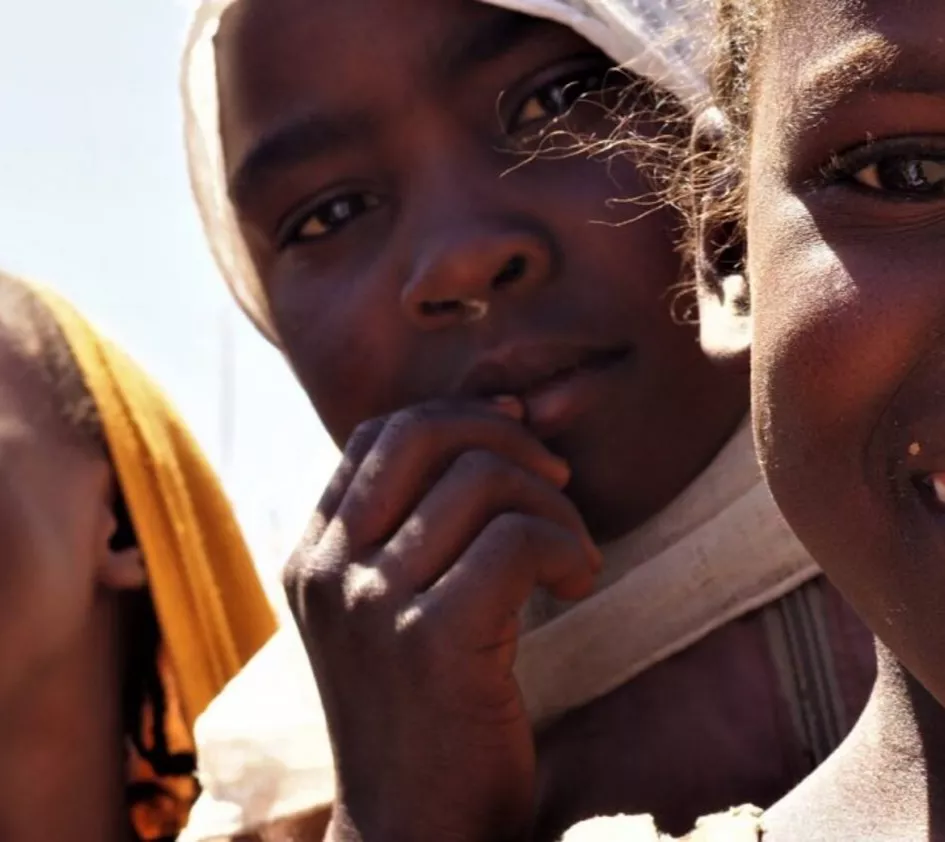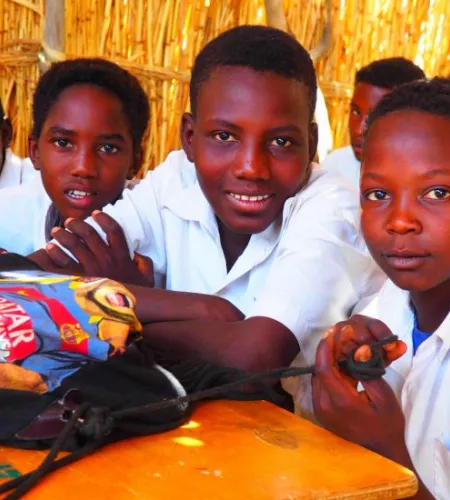Sudan has experienced unprecedented change in 2019. The Sudanese Revolution prevailed, led by peaceful protestors amidst the violence that occurred on June 3rd when armed militias violently repressed the peaceful sit-in. Ever since, cautious hope prevails. Abdalla Hamdok, a respected economist, was appointed Prime Minister and subsequently named a nearly entirely civilian cabinet. A joint civilian-military sovereign council was appointed to oversee the transition and currently, a three-year transition to full civilian rule is underway. The focus remains on keeping the transition on track and nationally, to resist any sabotaging attempts by elements of the prior regime, who are still active at different levels.
Demonstrations in Khartoum
The change in Khartoum is almost palpable. Women are mobilising themselves, fighting for equal rights and speaking against social pressure that bears influence on their life choices. Demonstrations take place, demanding justice and honouring those who have passed in light of the Revolution continue. In addition, empowered, politically driven youngsters take advantage of the momentous political shift to voice their demands.


